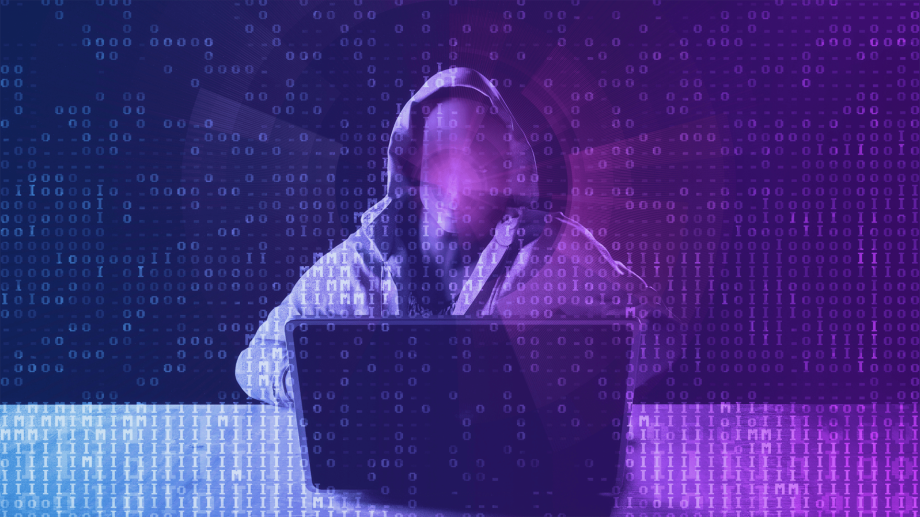Europe’s Information Space at War: When Do We Start Fighting Back?

Alongside the conventional war in Ukraine, Russia is waging another one much closer to us. It appears on our computers, our phones and tablets. In some form, it is present every time we go online to search the news or scroll through our favourite social media feed.
Since the preparations for invading Ukraine, Europe has witnessed a sharp rise in aggressive information operations, mostly in the form of attempts to flood the online space with narratives serving the Kremlin’s interests through affiliated websites, pages, groups, useful idiots, trolls and bots. Every day, they interfere throughout the information space consumed by the residents of countries who are members of the EU and NATO.
These actions are designed to infect the masses with manipulative content that deceives, divides and undermines the very core of our society. And what is our reaction? We block two major Russian websites and continue in laggard democratic discussions as if we had all the time in the world.
Optimism aside
Even if the public is currently shocked by Russia’s aggression, and parts of the population with traditionally stronger pro-Russian sentiments seem to have understood who the villain is, we cannot take these shifts for granted, nor should we treat them as permanent. This would be yet another mistake the West has made after the lack of credible action after the annexation of Crimea despite the calls from the Baltics and Central Europe about the network of Kremlin supporters ready to be activated and deployed since the 2010s.
Even if the conventional war ends in a few weeks, the crisis will endure and bring unprecedented challenges, including continuous aggressive information operations and cyber-attacks.
What should be done now?
Slowing them down
First and foremost, we must stop the most active and influential actors from allowing Kremlin propaganda to penetrate large parts of society. These can be websites, but are mostly Facebook, Twitter and YouTube accounts and pages of “media”, activists and political representatives. In case a direct contact or link with Russia is found, the account should be blocked like of RT and Sputnik News, as well as other websites sharing disinformation and propaganda recently blocked in the Czech Republic or Slovakia.
In case a direct link cannot be made, which will probably apply to a majority of cases, after one breach of community standards related to war propaganda and disinformation, every single posting of the account or page should be subject to control before being allowed to post. This would not only allow to diminish the amount of harm in the information space, but also slow down their activity, thus targeting another issue of immense frequency and volume of this content compared to quality information.
This indeed involves huge technological and human efforts, but, in the end, this helps us preserve free speech to some extent. The content check would not have to be on the platforms’ shoulders. Europe is full of civil society activists, NGOs and fact-checking initiatives that are ready to help and fight.
The implementation across the platforms is a crucial prerequisite here and requires the creation of boards and working groups of experts and platforms’ representatives with swift and active exchange of information. Will mistakes be made? Yes. Will there be instances in which regular content gets blocked? Yes. But we are in a war, and if it means we limit the impact of super-spreaders who are waging it, I would say it is worth it.
Get rid of comments
Another aggressive method being used are trolls and bots appearing under every piece of war-related content, infecting the discussion with emotive statements, hate speech and other deceiving content. As this primarily happens in the comments section, another measure would be to disable comments “en bloc” for a limited period of time. This only helps curb the hate, but it also facilitates the shift from the current algorithmic set-up of social media platforms, which is based on suggesting content that receives the highest number of comments and shares.
Democratic army of elves
Once the comments are blocked, there is a clear opportunity for all pro-democratic actors across the private, public and civic sectors to fight back. With no deceiving and divisive comments under quality articles, sharing might suddenly become an enjoyable activity, through which content from recognized sources could get through and can become a dominating opinion-shaping force in the information space of each country. The Elves have already worked in the Baltics, now is the right time to try employing this model across the EU.
Now or never
At times when democratic societies and values are under direct attack in the online space, the response cannot be based on soft measures. It should be adequate to compensate for the methods and impact of our adversary. Whereas the blockage of RT and Sputnik News in Europe was a bold start. The next steps should be even bolder and involve as broad a coalition of partners as possible. We can win this war, but it requires all pro-democratic actors to be activated right now to balance the flood of information attacks by values-based and fact-checked content. Now is the time to bring everyone behind the table and act.
*this text has been originally published at New Europe
